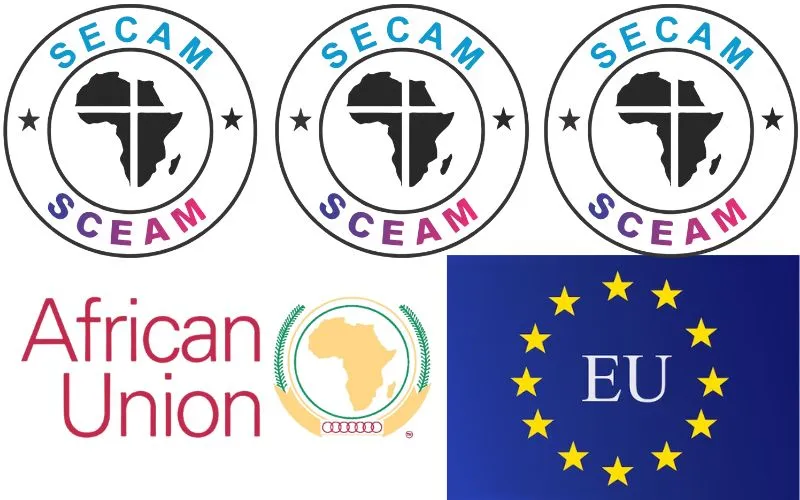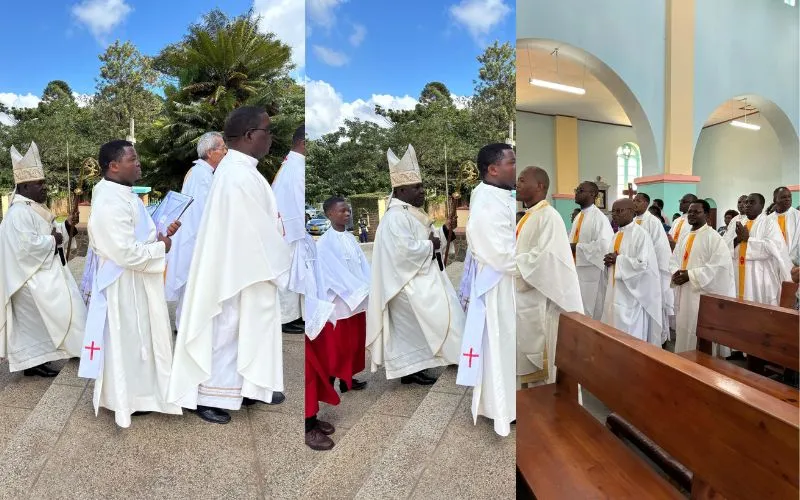Nairobi, 18 September, 2024 / 11:16 pm (ACI Africa).
The Justice, Peace and Development Commission (JPDC) of the Symposium of Episcopal Conferences of Africa and Madagascar (SECAM) has urged the European Union (EU) and the African Union (AU) to ensure that EU biodiversity conservation funds do not lead to the displacement of indigenous communities in Africa.
SECAM’s JPDC is one of the supporting partners of the "Protecting the Human Rights of Indigenous Peoples and Local Communities to Halt Biodiversity Loss" policy brief that CIDSE, the umbrella organization for Catholic development agencies in Europe and North America, launched on Tuesday, September 17.
In a September 17 statement, the peace and justice entity of the Catholic Bishops in Africa notes that indigenous and local communities on the continent are managing an estimated 80 percent of the world’s remaining biodiversity.
Reiterating the call in the CIDSE policy brief, SECAM-JPDC says that any efforts to mitigate biodiversity loss should therefore respect the rights of the indigenous peoples, and not threaten their livelihoods and stability.
“As one of the partners that first launched the policy brief …SECAM-JPDC reiterates the collective call for a new conservation paradigm that respects and protects the rights of indigenous peoples and local communities, who are estimated as managing 80 per cent of the world’s remaining biodiversity,” the SECAM’s entity says.








